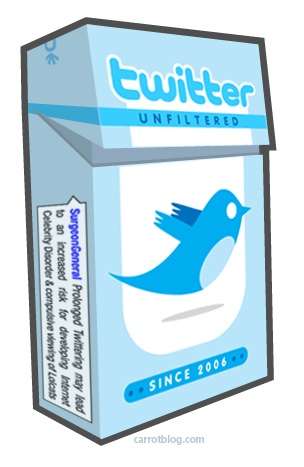In the City of Charlie Hebdo, Three Convicted for Contents of Tweets
Calling for the death of gay people is a hate crime in France.


Jacob Sullum noted the complicated, hair-splitting enforcement of France's laws against hate speech earlier in the week and in a previous column. To summarize: In France, citizens can get in trouble with the law for insulting, defaming, or inciting hatred or violence against others on the basis of race, ethnicity, sexual orientation, and other factors. But such laws rely on judges to determine whether or not speech is actually an incitement or an insult against ideas (legal!) or people (illegal!).
Using Twitter to call for gay people to be murdered, then, is obviously falling on the wrong side of this law. As such, three people were convicted of hate crimes in Paris for using Twitter hashtags that said "Let's burn the gays" and "gays must die." The two hashtags apparently were on Twitter's trending list in August 2013, which means a lot more than these three people were likely using them.
While the offenders were convicted, French gay activists were upset that the government didn't throw the book at them. From The Independent:
However, LGBT rights campaingers were disappointed by what they viewed as relatively light punishments, as the maximum punishment for such crimes is up to a year in prison and a €45,000 fine. One defendant was fined €300 [$335] while the other two were forced to pay €500 [$560], TheLocal.Fr reported.
Alexandre Marcel, president of the Comité Idaho, told The Local: "It's a small amount to pay for calling for the death of homosexuals."
A French LGBT activist group said in the story that anti-gay acts in France increased 78 percent in 2013. But given that France seems to equate hate speech with "acts" and criminalizes them and allows people to claim victimhood over what is said rather than what is done, it's hard to parse what that actually means.
Twitter previously had been resisting efforts by the government in France to reveal the identities of its users. As the Independent story notes, Twitter does cooperate with the country's hate speech laws by censoring tweets or trending topics when they violate French law. But they've resisted efforts by the government to require them to turn over the identities of users who break them. They lost their attempt to shield the identities of users who tweeted anti-Semitic statements in 2013 and subsequently handed over their names.


Show Comments (14)